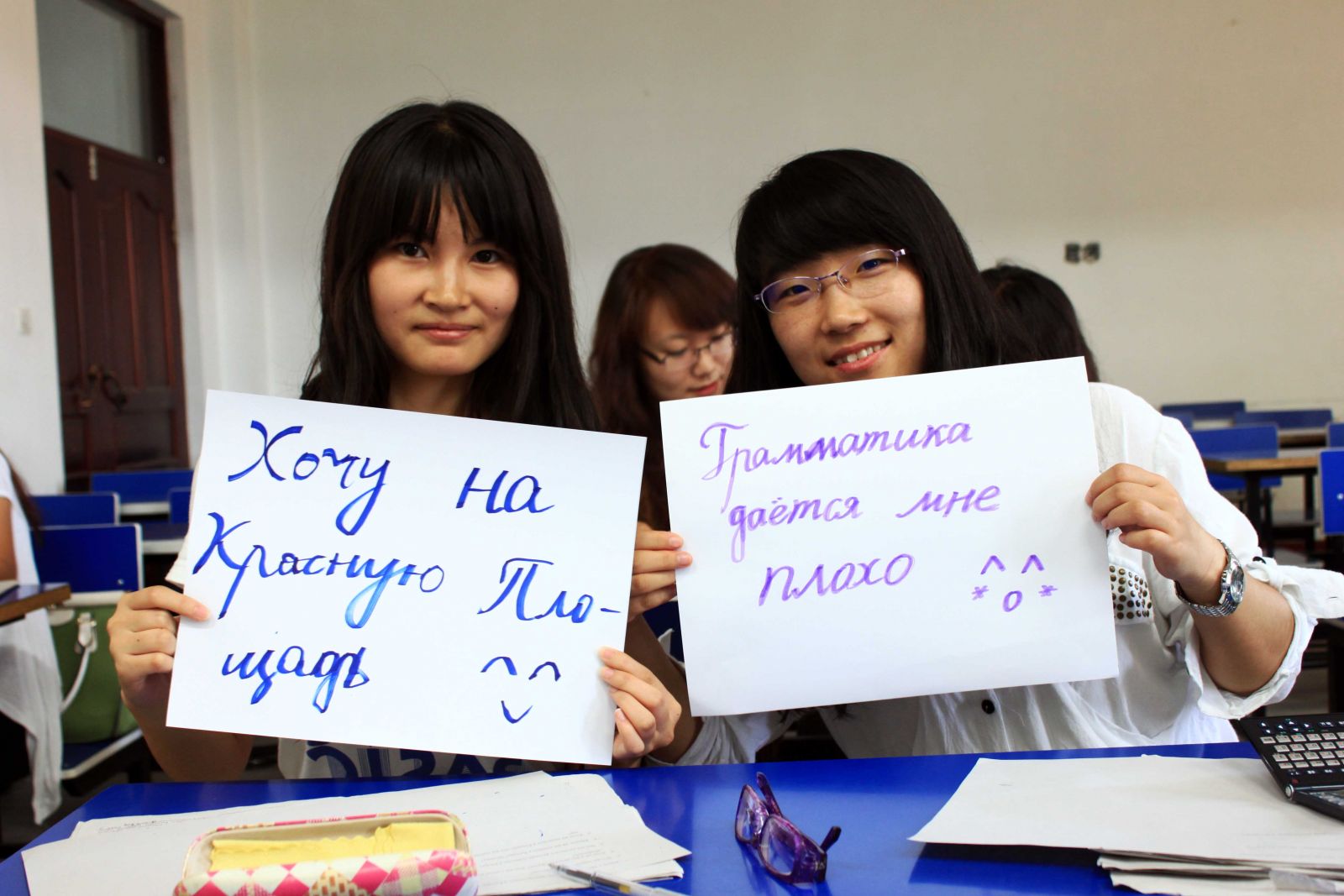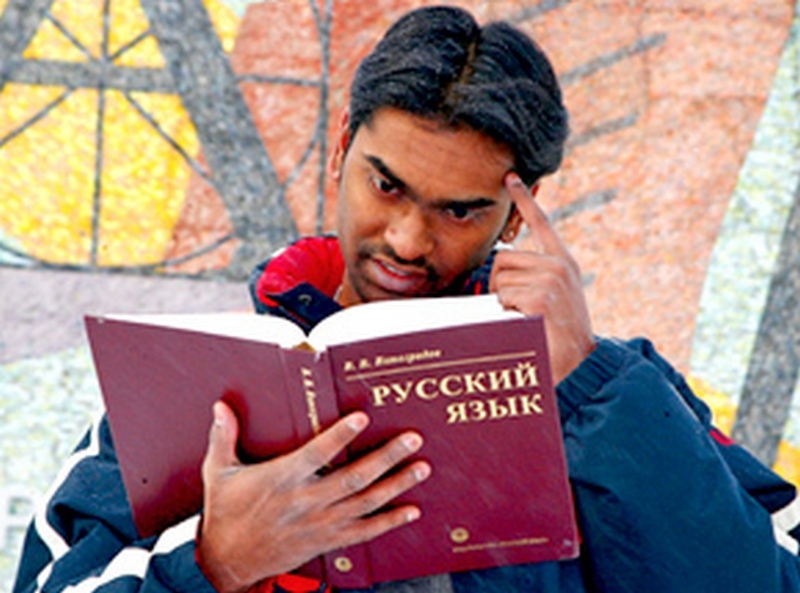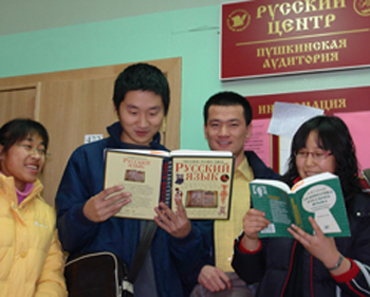Russian language must obtain the legal status in the countries of the former Soviet Union, the ambassador-at-large of the Russian Ministry for Foreign Affairs, Eleonora Mitrofanova, said yesterday at the round table titled "Language Policy of the Russian Federation and the position of Russian language in the world." According to the diplomat, "the creation of a union following the example of la Francophonie would also be the right thing to promote Russian language. It cannot be done immediately, but we should move in this direction".
According to Mitrofanova, except for the countries of the former Soviet Union, Poland, Bulgaria, Czech Republic, Slovakia, Mongolia, Israel, Serbia, Germany and the US are the leading countries in the number of residents who speak Russian. "Russian is used as an official language in a number of countries at the regional level. In particular, in Romania, in those areas densely populated by mainly our Old Believers, Russian is also the language which can be used in official document circulation. In Norway, it is archipelago of Svalbard. According to an amendment to the electoral law introduced in 2009, in all the cities of New York state, which is home to over a million people, all the documents related to the election process should be translated into Russian and they are translated. Also you can take written drivers license tests in Russian in 21 states".

Meanwhile, according to the Russian Deputy Minister of Education and Science, Veniamin Kaganov, Russia ranked first in the increase in the number of foreign students. "We are now ranked sixth in the world after the traditional leading countries. Within two years we are moved from the eighth place to the sixth place. Now 183,000 people are in full-time education. Including 152,000 bachelors, masters and about 30 thousand of those passing long-term internships, professional training, postgraduate training, doctoral internship. About 55% of our students are from CIS and 45% from other countries".

Kaganov added that in addition, 90 thousand people are receiving distance education, according to Russian programs, and 60 thousand, according to programs of branches of the Russian universities: "Overall, there are 300,000 students each year. This is a huge incentive. And the fact that interest in Russian education is growing says two things. First, geopolitical, economic, cultural trends draw attention to our education. Second, our efforts, despite all the criticism, give results because those who either know Russian language, or those hoping to obtain quickly the necessary knowledge for continuing their training in the framework of preparatory faculties (but it's only 2500 per year)".

The deputy minister is confident that "the efforts to improve the quality of education, its competitiveness are reflected not only in the figures (how many universities were included in the top 100), but they are also reflected in people's minds, because they consciously choose Russian education. That is why for the past two years, there has been a growth of 40 thousand people. It is more than in any other country.






